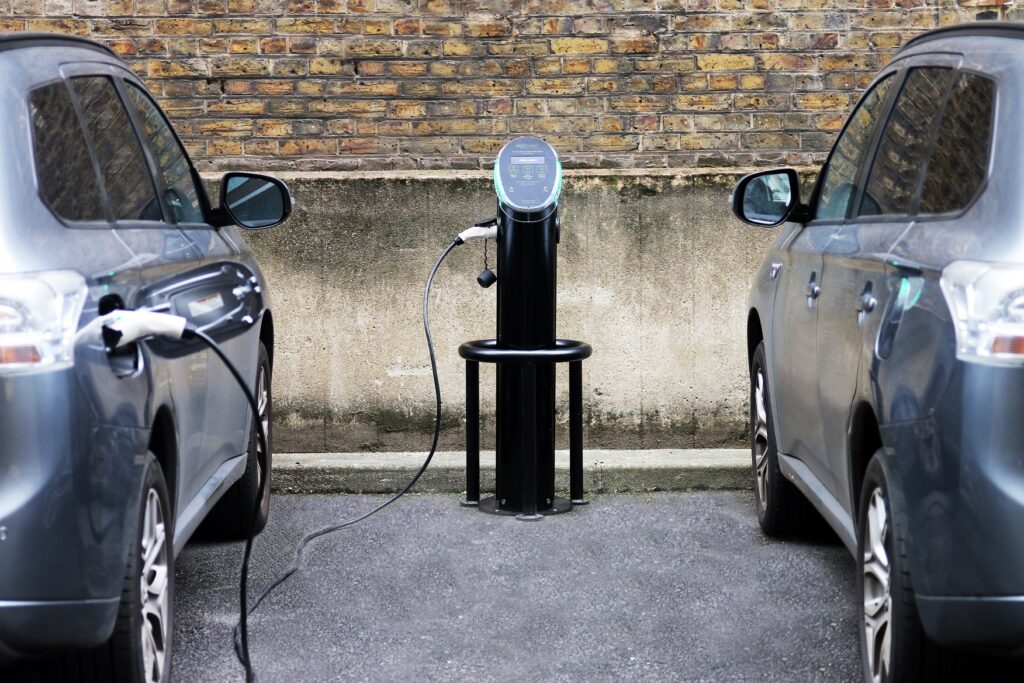EDF is to accelerate the electrification of public sector fleets as part of a new contract with the Crown Commercial Service (CCS).
The supplier has secured contracts to support customers in central government, local authorities, hospitals and other public sector bodies in the creation of charging infrastructure.
This includes supporting the bodies in developing the infrastructure needed to enable the widespread use of EVs, such as for public sector fleets and their workforce, as well as home charging and vehicle charging facilities that provide a service to the general public, these could be in locations such as residential areas and off-street car parks.
This will be done through Pod Point, which EDF acquired in February 2020.
Vincent De Rul, director of EV solutions at EDF, said that the appointment “further underlines EDF’s role in helping Britain achieve net zero”, which the installation of EV charging is “vital” to.
“We are delighted that the government has confirmed its faith in our capabilities, following the successful supply contract that we already hold with CCS. We are looking forward to continuing to work with government and public sector customers to help deliver the infrastructure that the UK needs.”
EDF already has a contract with the Crown Commercial Service to provide electricity and ancillary services.
It is also already working with public sector organisations to enable the EV transition, including the Cornwall Partnership NHS Foundation Trust. As part of this, EDF has provided the Trust with the infrastructure required to power and charge its new fleet of 15 EVs.
The new deal with the Crown Commerical Service sees EDF become a supplier within CCS’ Vehicle Charging Infrastructure Solutions (VCIS) Dynamic Purchasing System Agreement.
As part of the government’s Road to Zero strategy, central government committed to electrifying 25% of its fleet by 2022 and full electrification by 2030, with guidance issued in June 2019.
However, commenting in June 2019, then-transport secretary Chris Grayling stated how this should be extended to all government fleets, not just central government, adding that the government must “lead by example” on this.






